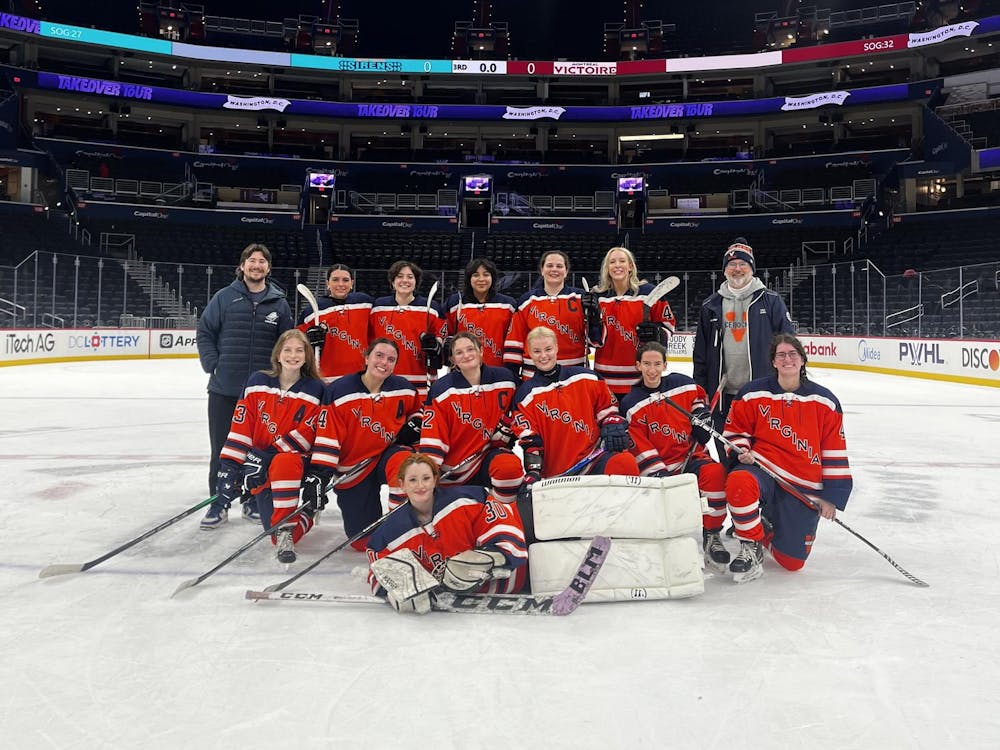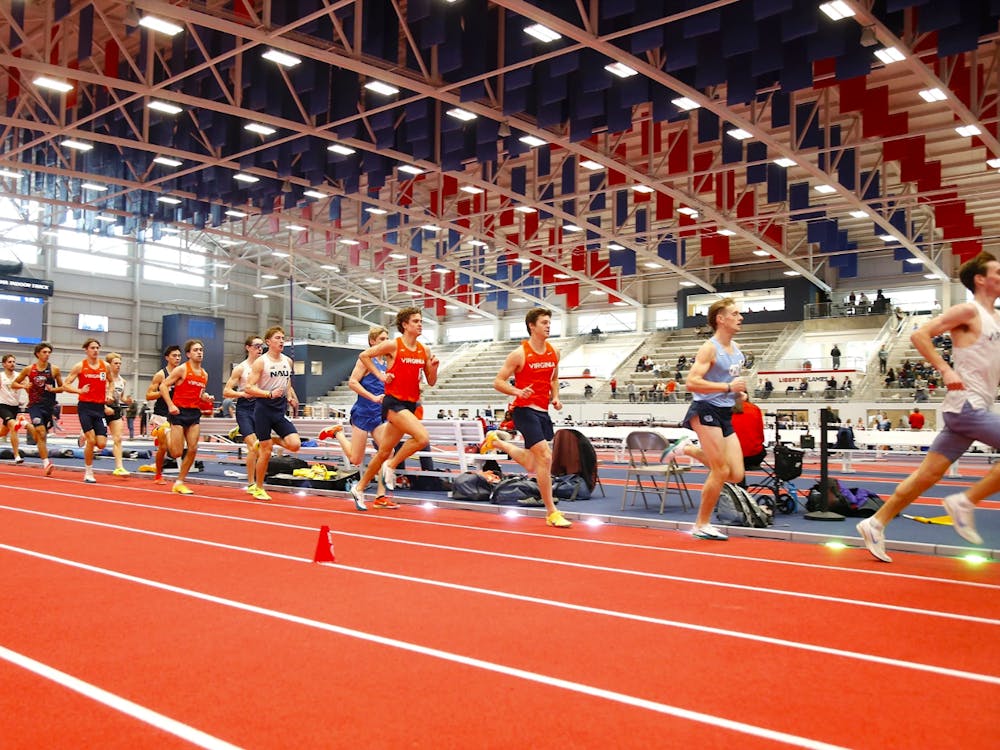Fax machines. Sega Genesis. Al Groh. These are things which were once used but have since been replaced with superior models. No one laments the loss of any of these, so why can't we do the same for refereeing?
When we discuss updating officiating as a result of advances in modern technology, we generally talk about baseball. And yes, although Bud Selig's refusal to move the sport into the 21st century is indeed frustrating, this weekend's football game between Duke and Virginia highlighted why the "national pastime" isn't the only sport which has some explaining to do.
Allow me to take you back to the second quarter of Saturday's contest, with the Blue Devils facing fourth-and-4 at the Cavaliers' 5-yard line and the score tied at seven points apiece.
Duke coach David Cutcliffe elected to forgo the three points and left his offense on the field. Quarterback Sean Renfree's pass appeared to fall harmlessly to the ground, but as the Virginia defense began to celebrate its red zone stop, a little yellow flag emerged from the back of the end zone to ruin all the fun. A pass interference call on Virginia's Corey Mosley kept Duke's drive alive, and within two plays, Blue Devils running back Juwan Thompson had scampered into the end zone to give his team a seven-point lead.
Normally, this series of plays would be nothing terribly out of the ordinary, but this particular pass interference call is special because, in my mind at least, the foul never happened. Now, whether or not Mosley actually interfered with the receiver is completely irrelevant because the play has long since passed and Virginia went on to win regardless. But the sheer contestable nature of the call begs the question as to why there is even a question to begin with.
Collegiate football is a major enterprise. Countless cameras capture every piece of the action from multiple angles. A quick look at the tape could definitively determine whether or not Mosley got to the receiver before the ball did. We clearly have the technology and infrastructure in place to make sure the referees can use those tapes, so why don't we? Why do we resign ourselves to the potential for human error in a call that can make all the difference in a game?
You cannot convince me that whether or not Kris Burd stepped out of bounds on his touchdown reception had such an impact on the final outcome of the game that it warranted further review, while the pass interference call did not. It did. That pass interference call represented what could have been a 14-point swing had the Cavaliers been able to march down the field and punch it into the end zone. Big penalties have as much, if not more, potential to change the outcomes of game as turnovers or completions. Just look at the 2003 National Championship between Miami and Ohio State if you disagree, when a questionable pass interference call handed the championship to the Buckeyes.
If penalties are indeed that important, why can't we review them?
The traditional arguments for not expanding instant replay are that it increases the amount of time each game takes and that it ruins the tradition of the game - neither of which works in this instance. For starters, expanding replay to include all penalties would in no way significantly lengthen the game. The rules governing replay procedure wouldn't need to be changed at all - only the plays they govern would need to be expanded.
Furthermore, any argument for tradition is just plain silly. The game has undergone countless changes throughout the years, and the integrity has never been compromised. If the argument is based on the fact that this is the way we've always done it, then why don't we go back to outlawing the forward pass or putting the goal posts back in the front of the end zone?
And who cares about the egos of the referees who may be hurt by seeing their judgment calls go under review. Does anyone really go to the games to watch the officials? I laugh when people get all huffy and say that if we're going to expand replay so broadly, we might as well get robots to officiate our games. If the technology existed, I would be all for the robots. I want to see the players on the field decide the game, not have outcomes decided on the judgment of the men in zebra costumes. If the goal of refereeing is not to have anyone notice you're out there, why shouldn't we use the technology available to us to ensure big games don't come down to an errant whistle?
Thankfully, the referees' call Saturday night didn't change the outcome of the game and the better team still left the field victorious. But if a similar situation arises in the next two weeks with a potential berth in the ACC Championship game on the line, wouldn't you rather have the fate of the Cavaliers' season in the hands of modern cameras than old human eyes? The answer, in my opinion, is so clear that it might as well be in high-definition.






